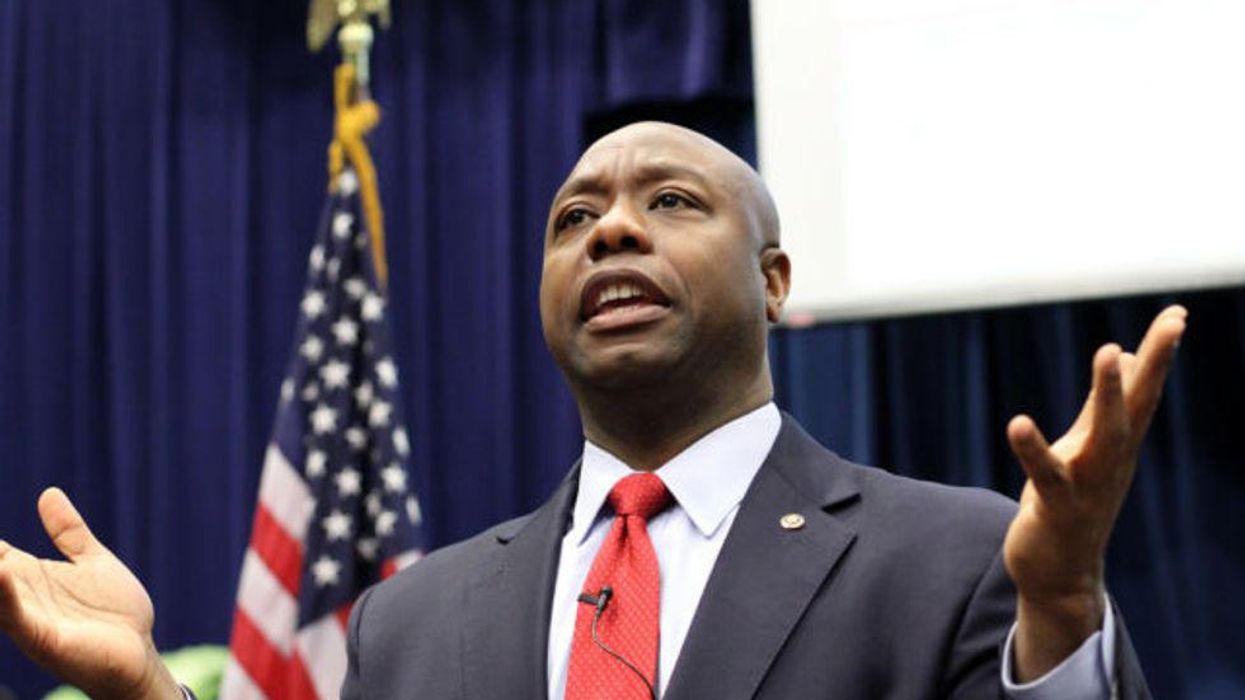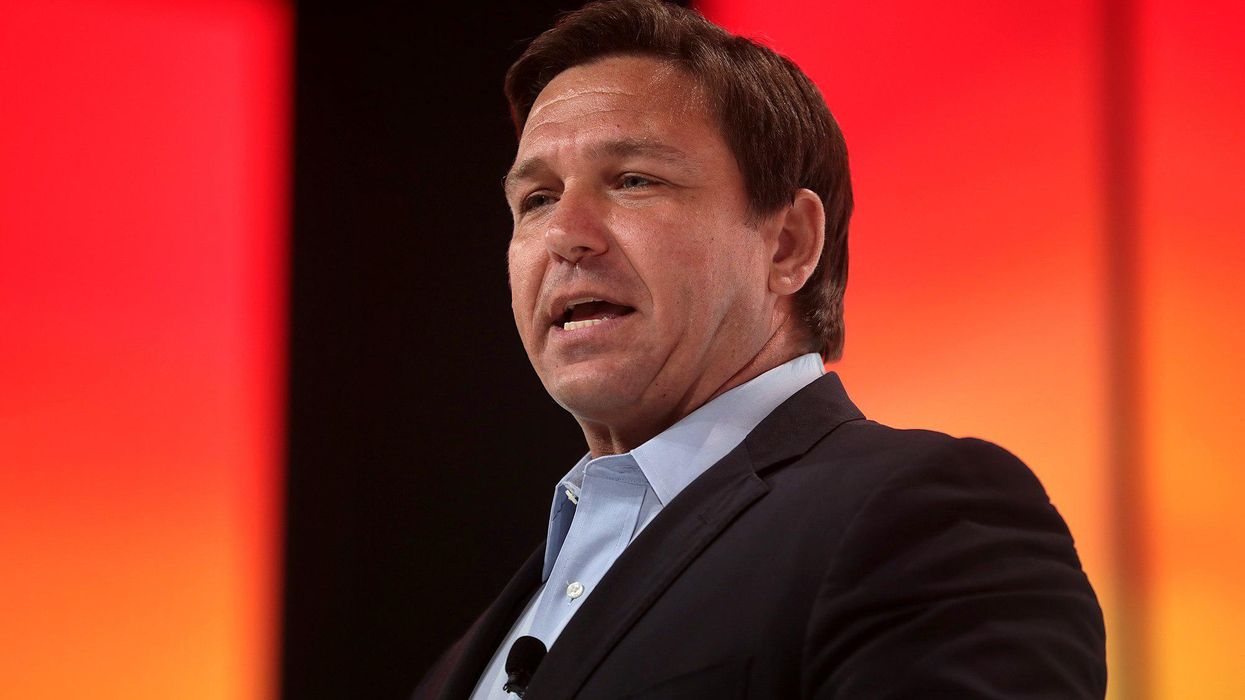Trump Veep Favorites Once Called Him 'Noxious' And 'A Whack Job'
Many of the candidates now vying to be presumptive Republican presidential nominee Donald Trump's 2024 running mate are now having their loyalty scrutinized, and may have to answer for past statements criticizing the ex-president.
According to NBC News, allies of the former president are reckoning with how to assess how committed top Republicans are to the former president now in spite of past disparaging comments. Between the past decade and the past year, nearly all of the potential vice presidential candidates rumored to be on Trump's shortlist have called him everything from "noxious" and "reprehensible," as Sen. J.D. Vance (R-Ohio) once said of the former president, to a "whack job," as Rep. Elise Stefanik (R-New York) previously said.
"No one’s clean on this," an unnamed Republican close to Trump told NBC. A separate "longtime Trump ally" anonymously told the outlet that despite past criticism, Trump is willing to "look at this more holistically than ever."
“Everybody’s a sinner in some form or another," the source said. "The only question is whether something’s a mortal sin or not.”
Earlier this week, Axios' Mike Allen reported that Stefanik and Vance are finalists to be Trump's 2024 running mate, along with Sens. Tom Cotton (R-AR), Marco Rubio (R-FL) and Tim Scott (R-SC). Others who received vetting paperwork include Reps. Byron Donalds (R-FL), former Housing and Urban Development Secretary Ben Carson and North Dakota Republican Governor Doug Burgum.
Among those, NBC reported that the favorites are Burgum, Rubio, Scott and Vance. However, a source told the outlet that the VP finalist list is "fluid." Trump's loyalty test is reportedly including criteria like "whether a contender stood by the former president after the January 6, 2021, riot at the Capitol, whether they endorse his false claims of malfeasance involving the 2020 election and how vigorously they’ve defended him amid the four separate criminal cases he faces, particularly in hostile TV interviews."
In addition, Trump is considering how effective of a fundraiser a potential VP pick would be, and is also looking closely at their stances on abortion and how they would do in a televised debate against Vice President Kamala Harris.
Even among those favorites, criticism of Trump may hurt their efforts to become his running mate. In 2016, Vance once described himself as a "Never Trump guy" who "never liked him" in an interview with journalist Charlie Rose. After the deadly 2017 "Unite the Right" rally in Charlottesville, Virginia in which a white supremacist killed counter-protester Heather Heyer with his car and injured nearly two dozen others, Trump famously said there were "very fine people on both sides" of the fracas. Scott criticized Trump's remarks, saying there was “no question” Trump's “moral authority is compromised."
During a Republican debate last year, Scott notably praised then-Vice President Mike Pence for his actions on January 6, 2021, in which he didn't attempt to overturn the 2020 election while presiding over Congress' certification of Electoral College. In the wake of the insurrection, Stefanik called on the DOJ to prosecute January 6 participants, though she has since deleted that statement from her website.
Burgum has also come under scrutiny for past negative statements he made about Trump as recently as a year ago. During a 2023 interview with NBC's Chuck Todd, the billionaire North Dakota governor said he wouldn't go into business with Trump, saying "it’s important that you’re judged by the company you keep."
Reprinted with permission from Alternet












